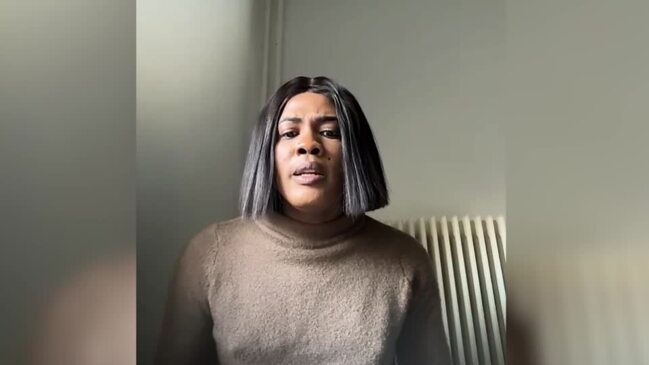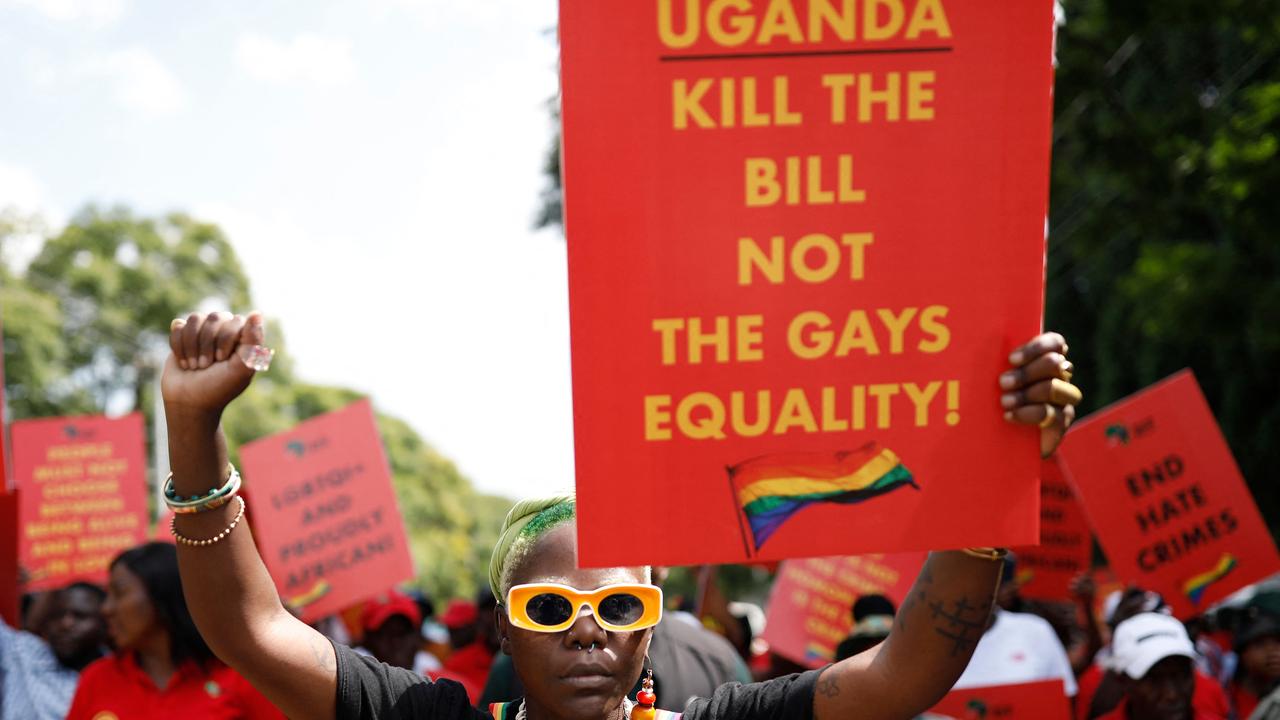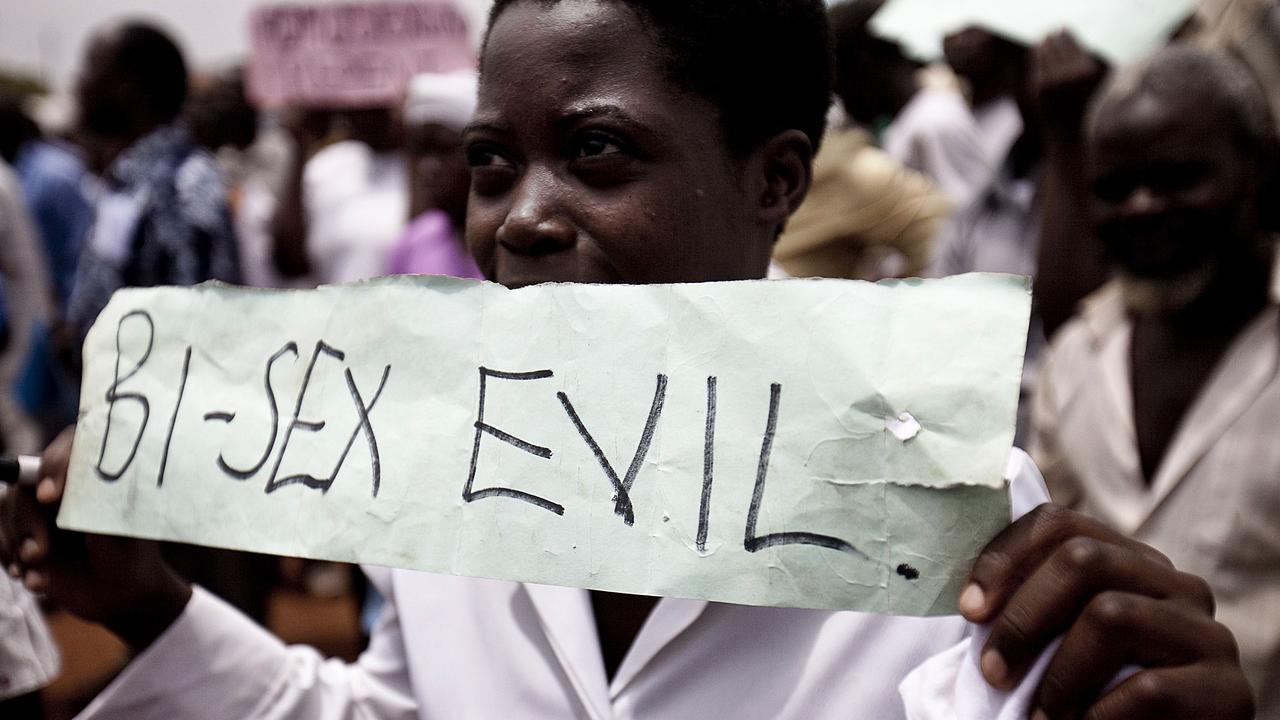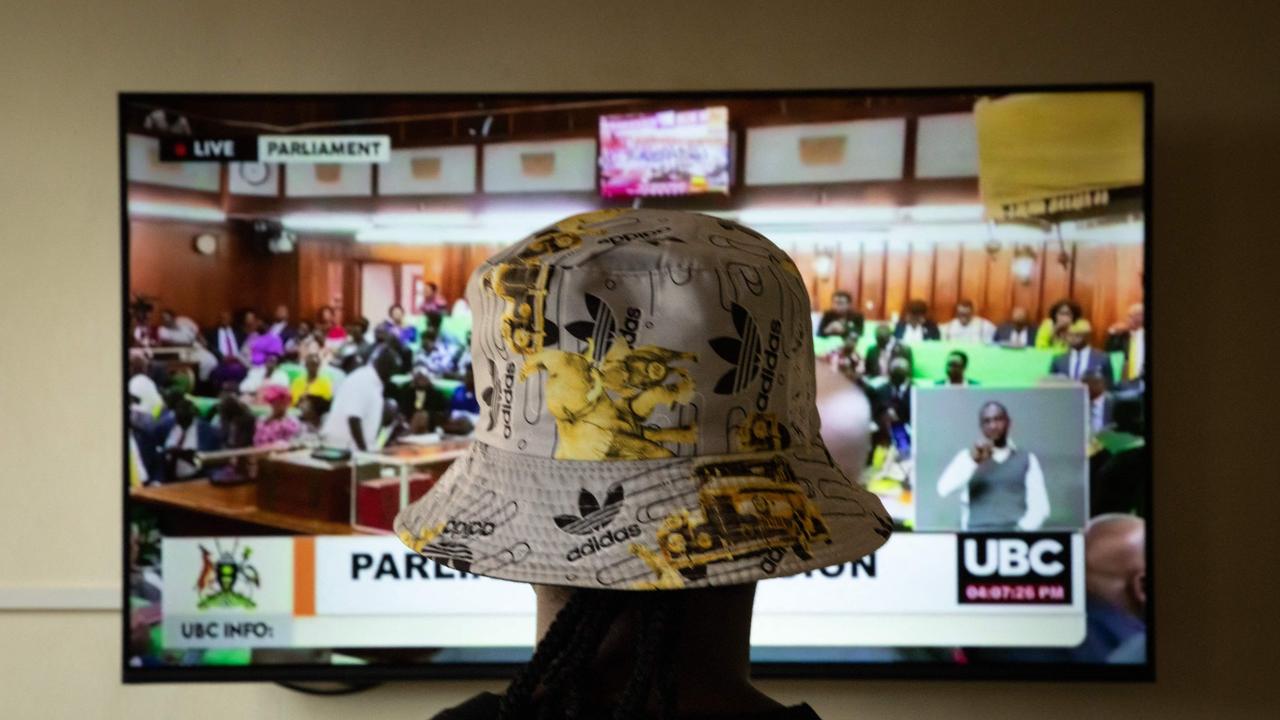‘Surge in violence and hate crimes’ after nation’s sodomy law struck down
A conservative nation has struck down a divisive “sodomy law”, immediately sparking bloodshed and a cruel government crackdown.

In a recent historic ruling, the Namibian High Court in Windhoek has struck down the apartheid-era sodomy law, marking a significant step forward in Africa’s journey toward equality and human rights.
Finally delivering its long-awaited ruling, the Court declared the anti-gay sections of the country’s Immigration Control and Defence Acts – which forbids “sodomy” and other “unnatural sexual offences” – were unconstitutional.
The Namibian sodomy laws were adopted upon gaining independence from South Africa. These laws originated from colonial oppression and criminalised consensual same-sex relations between men.
Although South Africa has since decriminalised same-sex sexual relations and is the only country in the African continent to allow LGBTQ couples to marry and adopt children, Namibia’s sodomy laws remained despite its independence in 1990 and the establishment of a progressive constitution.
The case was filed by Namibian activist Friedel Dausab, with backing from British non-governmental organisation Human Dignity Trust – who argued that the criminalisation of same-sex relations infringes on citizens’ fundamental rights and has severely impacted his personal and professional life.

Mr Dausab, celebrating his victory, said he was “just happy” after the high court ruling.
“I’m so happy. It’s a great day for Namibia, this is a landmark judgment both for me and our democracy,” he told Reuters.
“I’m no longer a criminal in my own country simply because of who I am. Young LGBTQ people will now know that their love is not a crime.”
The judgment, made by three High Court judges, Nate Ndauendapo, Shafimana Ueitele and Claudia Claasen, found the laws unfairly discriminated between gay men, women and heterosexual men. They also invalidated sections of the law that criminalised homosexuality and condemned views that labelled it as an “abominable vice”.
Many activists commended the court’s decision, saying it’s groundbreaking and a pivotal moment not only in Namibia’s history but the entire African continent that reflects a broader shift toward recognising and protecting the rights of LGBTQ+ individuals.
Omar Van Reene, a prominent Namibian LGBTQ activist and co-founder of the Namibia Equal Rights Movement, took to X, formerly known as Twitter, to express his elation over the new feat of LGBTQ rights in Namibia.
“Today the promise of equality rings true for generations of Namibians to come. An apartheid-era law criminalising our right to love freely falls & liberation frees us from state-sanctioned homophobia, which has claimed lives & rights. Free at last, God almighty we are free at last,” he wrote.
Despite the landmark victory, challenges against the LGBTQ communities in Namibia persisted. The court’s decision angered extremists and US Evangelical groups, who have vowed to fight against homosexuality in Namibia.
The rights group Amnesty International urges the Namibian Government to ensure the safety of LGBTQ people, fearing a backlash to the court ruling. The group has already documented instances of alarming and threatening speech in the country during the lead-up to the court case.

Just a week after the High Court ruling, the Minister of Home Affairs, Immigration, Safety and Security, Albert Kawana, introduced a new anti-gay Bill regulating same-sex marriages to the parliament. The Bill is said to protect the country’s values by proposing a law that specifies spouses in a marriage may only be from the opposite sex. Namibia’s Government also plans to appeal the ruling after the Office of the Government Attorney filed an appeal notice to the Supreme Court last week.
An outstanding anti-LGBTQ bill was previously passed in July 2023 and is still awaiting the president’s signature or veto. The bill aims to overrule a Supreme Court judgment that mandates the government to recognise foreign same-sex marriages. Additionally, it criminalises anyone who participates in or promotes a same-sex marriage.
Since the Bill’s passage, a surge in violence and hate crimes against LGBTQ individuals has been reported in Namibia. According to the Namibia Equal Rights Movement, more than six LGBTQ Namibians have been killed, and not less than 100 cases of abuse and harassment have been reported.
Today, 31 out of 64 countries globally that criminalise same-sex relations are in Africa. Over the past year, the African continent has seen a domino effect of anti-LGBTQ legislation, with Uganda setting an example by introducing a draconian law that imposes the death penalty for “aggravated homosexuality” and stipulates long prison sentences for being gay or an ally of the LGBTQ community.
Several countries, including Kenya, Tanzania, Burkina Faso, South Sudan and Ghana, recently revisited their laws, implemented stricter policies and intensified existing homophobic attitudes. Most recently, Ghana’s parliament passed a Bill that imposes lengthy prison sentences for being gay or supporting LGBTQ activities. However, the Bill has not been signed by the president yet and is currently being challenged in court.
Furthermore, in northern Nigeria, a controversial agreement known as the Samoa Agreement was signed by the president of Africa’s most populous country. This agreement, which is a co-operation deal between the EU and 79 countries in Africa, the Caribbean and the Pacific, was rumoured to include a clause that protects LGBTQ rights. This led to a nationwide backlash and widespread condemnation from the public.
Anti-LGBTQ rhetorics and online harassment increased. It exposed the existence of an underground LGBTQ organisation in northern Nigeria called WISE, a non-profit organisation founded in 2014 in response to multiple layers of oppression experienced by northern Lesbian, Bisexual, Queer, Transgender and Intersex (LBQTI) women.

Homosexuality is already illegal in Nigeria and punishable by 14 years imprisonment except for northern Nigeria, a predominantly Muslim region that practices sharia law and enforces the death penalty as the punishment for homosexuality and its promotion. The state declared the organisation satanic and launched a nationwide manhunt for its members and LGBTQ individuals too. Six people have been arrested since then and would be tried under the sharia death penalty law, although it’s unclear if they were members of WISE.
“Alhamdulillah, I’m just seeing a report that Governor Abba Kabir Yusuf of Kano State has ordered the Hisbah (local police) to crack down on those stupid NGOs that are trying to secretly spread LGBTQ in northern Nigeria. God bless Abba Gida for this great service to Islam, I hope those idiots pay dearly for what they did,” an X user wrote
The agitation for WISE was sparked by an old resurfaced video from one of its events, featuring a Hisbah officer who was arrested for speaking up for LGBTQ rights. WISE deactivated its website and social media accounts due to online attacks. Staff accounts were also deactivated or made private for safety.
The military junta in Burkina Faso just banned homosexual acts, joining other African states in prohibiting same-sex relations despite facing opposition from Western powers. The military took control of Burkina Faso in 2022 and has shifted its alliances towards Russia while significantly reducing ties with its former colonial power, France.
The road to repealing anti-LGBTQ laws in Africa is fraught with challenges. Human rights organisations, activists and legal experts are tirelessly playing a crucial role in advocating for their abolition. Yet the LGBTQ community continues to face societal discrimination, stigma and violence.
Changing legal frameworks is a significant step, but it must be accompanied by efforts to shift societal attitudes and promote acceptance. While challenges persist, Namibia’s ruling establishes a powerful precedent and offers hope for LGBTQ+ individuals in Namibia and beyond.
Daniel Anthony is a Nigerian writer living in Lagos, Nigeria





